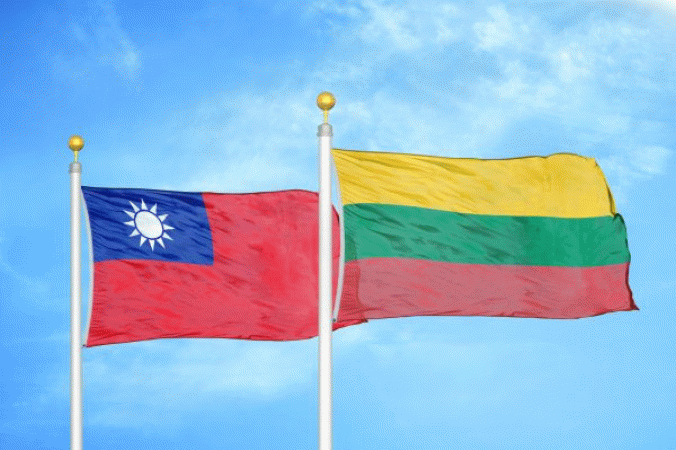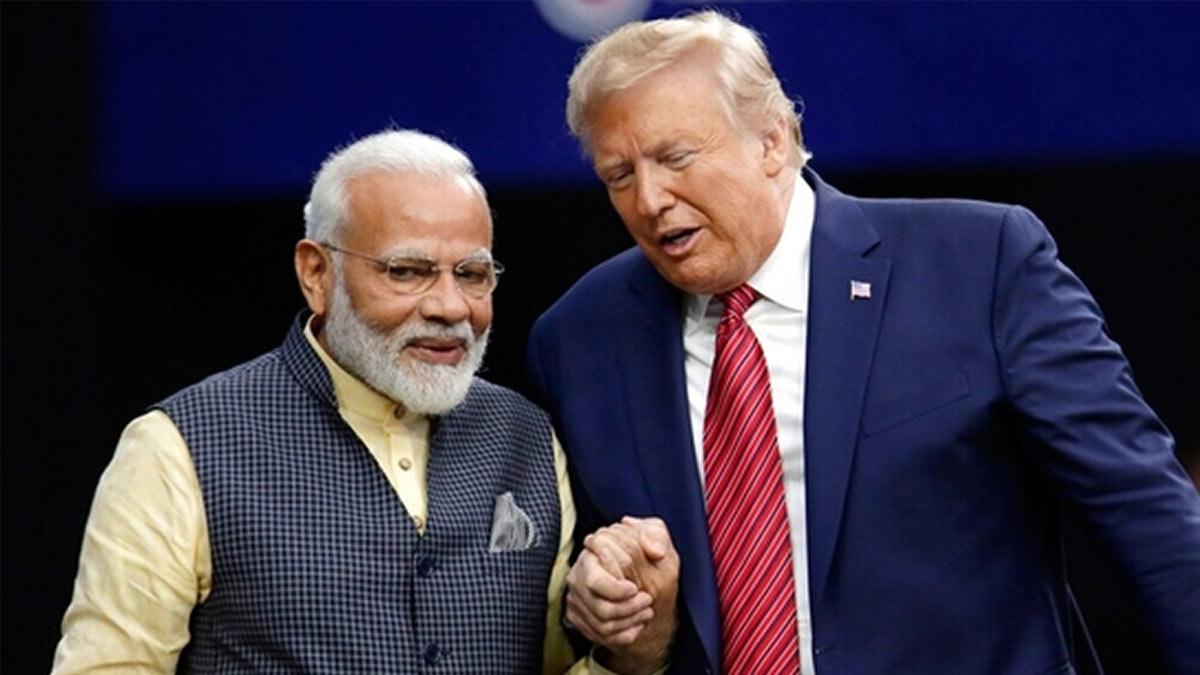Taiwan’s state-owned the Taiwan Tobacco and Liquor Corp (TTL) has bought a 20,400 bottles consignment of Lithuanian rum which was originally China-Bound. Taiwan also announced last week that it will set up a USD 200 million fund for investment in Lithuania to make up for loss of trade with China. This comes on the back of a growing diplomatic dispute between Lithuania and China.
In July 2021, Lithuania became the first European Union member to permit Taiwan to open its de-facto representative outpost in Vilnius using its own name. A Majority of countries across the world avoid establishing official diplomatic channels with Taiwan in order to preclude a diplomatic backlash from China.
China considers Taiwan as its own province and has communicated copiously in no uncertain words that countries across the world must not recognise the latter as a sovereign nation-state or risk economic sanctions from Beijing. Taiwanese de-facto representative offices use Taipei in its official name. Although Lithuania has not established formal relations with Taiwan, this move is seen as a step in that direction.
When the office was officially inaugurated in November, China officially downgraded its diplomatic relations with Lithuania as well as imposed an informal trade embargo on goods from the Baltic state as well as goods from other European Countries which source raw materials/finished goods from sub-supply/assembly lines in Lithuania.
“We have immediate concern about the government of China’s attempts to bully Lithuania, a country of fewer than 3 million people… The United States will work with our allies and partners, including Germany, to stand up against intimidation like this," commented U.S. Secretary of State Antony Blinken on Wednesday. Even though Lithuania initially resisted Beijing's coercion, its President Gitanas Nauseda later said to local radio last Tuesday that allowing Taiwan to use its name was not consulted with him implicitly implying that they had committed a mistake. The Foreign Minister, Gabriel Landsbergis, however maintains that he had consulted the President before giving a green signal to Taiwan.
Nevertheless, Lithuania still stands firm on its decision. “Lithuania stands firm to its decision to welcome the opening of the Taiwanese representative office…Support for democracy and human rights as universal values was part of the coalition agreement and makes an important part of the government programme of Lithuania,” said a Lithuanian foreign ministry spokeswoman to BBC. Lithuania has also been critical of China’s policy towards ethnic Uyghur Muslims in the country’s Xinjiang district as well as its erosion of Hong Kong’s autonomy through the national security law in 2020.
Also read| UNSC takes up matter of hijacked UAE vessel, India seeks release of crew
In terms of trade, Lithuania's share in overall exports to China from the EU countries is just over 2 percent as per a report by BBC. Lithuania is not overly dependent on China for exports and hence can “afford” to implement policies contrary to Chinese sensitivities. France, who has recently taken over as the President of the Council of European Union, has supported Lithuania and said that they will take anti-coercion actions especially in cases of weaponization of trade.
China has been off-late accused of weaponizing trade to achieve foreign policy goals. In December 2020, it imposed a 218 percent tariff on Australian wine when the latter called for a free and fair inquiry into the origins of COVID19. Economic incentives have however worked as well as seen in the case of Nicaragua which became the latest country to sever diplomatic relations with Taiwan in December 2021.


















